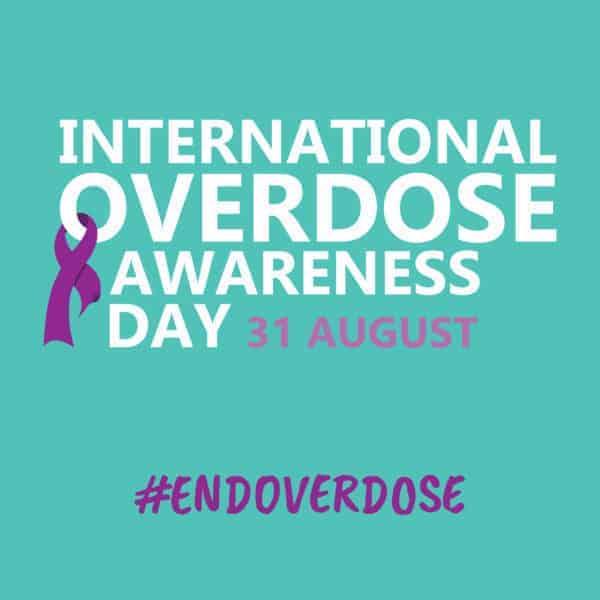Recognizing the Signs of Drug Overdose: Symptoms and Ways to Help

August 31st marks 2020 International Overdose Awareness Day, and there is no more urgent time for overdose awareness than when it’s staring you right in the face. As friends and loved ones of people who are struggling with drug abuse and addiction, we can empower ourselves and save the lives of those we care about by recognizing the signs of drug overdose while it’s happening. In a year when the conversation has been dominated by one public health crisis; it’s far too common to forget about the other critical epidemic facing this country: drug addiction and overdose.
In 2019, a year after we thought we were going in the right direction, overdose deaths rose nearly five percent to 70,980 from the prior year, according to data from the Centers for Disease Control (CDC). Over 52,000 of these deaths were directly attributable to opioid addiction. Thousands more face non-fatal overdose but remain vulnerable to fatality because they keep using after they’ve been revived.
Physical Signs of Drug Overdose
Each drug affects the body differently, and it’s important to understand their potential impact on your loved one’s physical health. Opioids like heroin and prescription painkillers will have different effects than stimulants or benzos. There are, however, some signs common to all types of drug overdose, including but not limited to:
- Loss of Consciousness after Taking Drugs
- Unresponsiveness to Noise or Outside Activity
- Being Awake but Not Able to Speak
- Shallow, Labored, or Halted Breathing
- Bluish or Grayish Coloring of the Skin
- Choking or Gurgling Noises
- Pale, Cold, or Clammy Skin
- Limp and Motionless Limbs and Body
- Blackening or Discoloration of the Fingernails
- Slow or Inconsistent Heartbeat
Overdose deaths can occur due to various reasons depending on the drug, including respiratory failure, cardiac arrest, or other organ failures.
What Do I Do If My Loved One Overdoses?
If you know your loved one is using and they make odd noises while they’re sleeping, wake them up immediately—this is one of the most glaring and urgent signs of a drug overdose. Try and keep them awake and call 911. Ask them what they took and look around for clues so you can tell the operator as much as possible. Stay calm and speak clearly when you call. Turn them on their side if they’re not breathing. If they’re awake, ask them questions so they don’t fall asleep. If you have Narcan, safely spray it into their nostrils (if they’re overdosing on opioids). Give first aid as the 911 operator directs until they reach your location.
If you’re using drugs with your loved one when they overdose, don’t let the fear of getting arrested stop you from calling for help. Many states, including Florida, have overdose immunity laws that protect users who report an overdose from legal action.
Once you know your loved one has survived an overdose, make a plan for treatment so they can get the help they need. Recovery Unplugged is ready to help you or your loved one make the most of this second chance. The time for overdose awareness is before it happens to your loved one…not after.
We take our music-focused treatment for addiction very seriously, so we are going to hold our content to the same precision standards. Recovery Unplugged’s editorial process involves our editing safeguard and our ideals. Read our Editorial Process.


